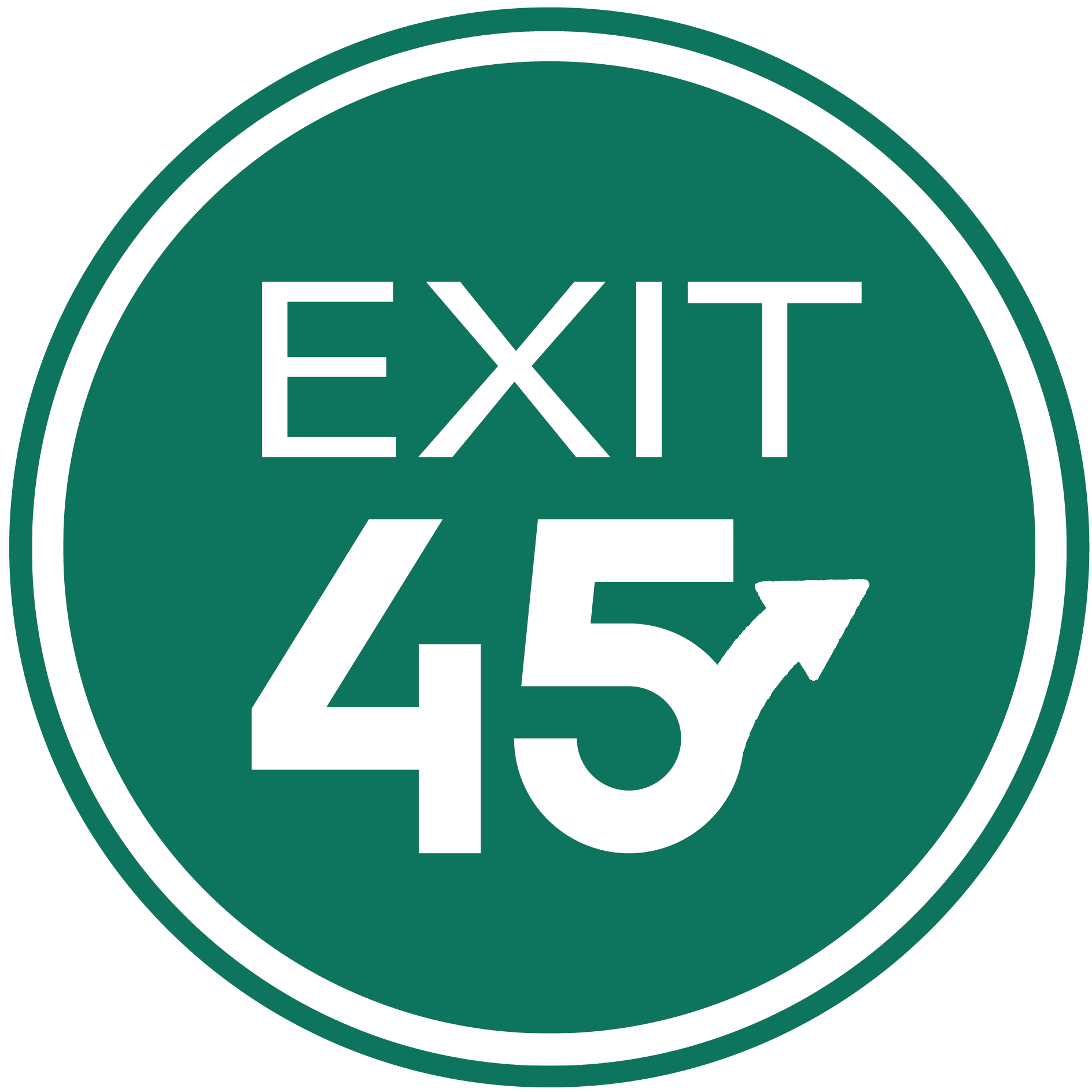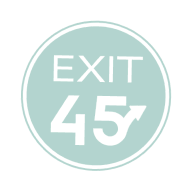Trust Issues from Inadequate Disclosures Before Due Diligence
In the last issue (#77) we discussed 10 Considerations for Choosing an Intermediary. In this issue we will discuss a major obstacle your intermediary should anticipate and help you overcome: Trust Issues from Inadequate Disclosures before Due Diligence.
"There is no such thing as a minor lapse of integrity." Tom Peters
Trust Issues from Inadequate Disclosures before Due Diligence
Developing trust early in the relationship between sellers and buyers is one of the keys to a successful business sale. Much of that responsibility belongs to the intermediary representing the seller.
Disclose known issues up front
The natural instinct for business owners is to withhold negative information that might detrimentally affect the sale of the business. A good business broker knows the opposite approach – to disclose and address any known issues up front – is the better strategy. Brokers should have a set of preliminary due diligence questions they ask of the business owner to help uncover issues that might arise during the sale process.
Inevitably, most transactions reach the point where it looks like the deal will fall apart. It often occurs during the due diligence phase when the buyer discovers a downside surprise. If there is a trusting relationship between seller and buyer, issues can usually be resolved. If the seller and buyer have failed to develop a trustworthy relationship, it’s significantly more difficult to finesse the transaction to a successful close.
The best way to develop trust with the buyer is to disclose all known issues up-front. A candid seller helps earn the confidence and trust of the buyer. Known obstacles and issues can be presented in the best possible light and the seller can suggest remedies to overcome them. If your up-front disclosures scare off a buyer, rest assured you will have saved a lot of time working with a buyer who would have been unable to “pull the trigger” to make a deal. Serious buyers will appreciate your integrity, will realize that the business’ cash flow probably already reflects the disclosed issues and may see opportunity for improvement by successfully addressing the concerns.
Failure to disclose known issues usually dooms a transaction to failure
On the other hand, if negative surprises arise in due diligence that are known but were not disclosed, the buyer will question whether the seller is being honest with him. He will think to himself, “If the seller knew about this problem and didn’t disclose it, what else does he know that he’s not telling me?” When a buyer begins to lose faith in the integrity of the seller, the transaction is usually doomed to failure.
Most buyers will utilize professional advisors in the due diligence phase. The professionals will ask enough questions, or arm their client with enough ammunition, to uncover undisclosed problems in the business. If you cover up problems by being less than truthful in responding to a buyer’s due diligence questions, you are setting yourself up for a lawsuit after closing. The bottom line is you should assume negative issues you are aware of will ultimately raise their ugly heads. If you fail to disclose known issues up front, from the buyer’s standpoint you will lose your credibility and integrity. Once the buyer no longer trusts you, the likelihood of a successful sale is significantly diminished.
Unknown issues can be resolved if the buyer feels you've earned his trust
What about unknown issues? They do arise and can create significant problems. If you have developed a trusting relationship through early disclosure of the known issues, it will be easier to work with the buyer to address unknown setbacks that occur. If unknown problems surface along with known but undisclosed issues due to trust concerns, a successful conclusion is highly doubtful.
Types of known issues requiring disclosure
What kind of problems should you disclose? Any and all. The issues could be related to your financial information, equipment or real estate, inventory, accounts receivable, intangible assets (patents. etc.), employees, customers or suppliers. The problems might concern legal, accounting, tax, regulatory, industry, technology, operational, competitive, corporate records, product, product liability, contract, partnership, leases, licenses, employee benefits, insurance, or debt issues, etc.
Responding to the above list is exhausting, but the list is not exhaustive. You can expect to be asked multiple questions and make multiple representations on each of the above topics. A good business broker will discuss due diligence questions up front to determine issues that should be disclosed to buyers early in the process.
If in doubt, disclose negatives immediately and attempt to position them to identify areas of opportunity. Even if you are unable to adequately position known issues as opportunities, disclose them. If you don’t, they will raise their ugly heads at the most inopportune time and likely kill your deal.
Have you identified issues that need to be disclosed?
"Hope of ill gain is the beginning of loss." Democritus
Overcome the Power of Inertia
Overcome the Power of Inertia and call a business broker for a free consultation. Many brokers offer no-charge, no-obligation evaluations of small businesses. They can provide a broker opinion of value and help you identify obstacles to a successful sale as well as opportunities for improvement to increase the value of your business. That is a great way to start planning for a successful and profitable exit from your business.

